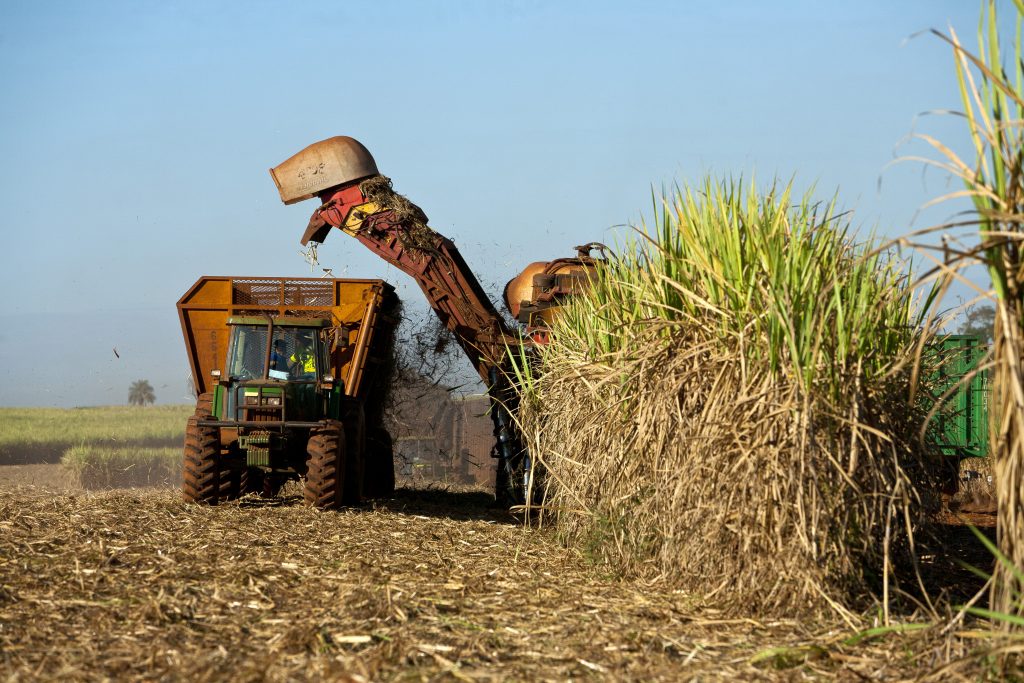
In February 2024, Kenya saw a significant decline in sugar imports, reaching a seven-month low, as domestic sugar production surged following months of factory shutdowns due to a cane shortage. The Sugar Directorate reported that sugar imports plummeted to 42,381 tonnes, the lowest since July 2023, while domestic production rose to 63,075 tonnes, marking a four percent increase from January 2024. This spike in local production was fueled by the government's decision to lift a five-month ban on sugar imports in December 2023, leading to reduced sugar prices for consumers. Additionally, the Kenyan Senate aims to expedite the passage of the Sugar Bill 2022 to rejuvenate the sugar industry, although a court order has halted the leasing of state-owned sugar millers due to concerns about public consultation.
In tandem with the decline in sugar imports and the upswing in domestic production, several pivotal developments are shaping Kenya's sugar industry:
1. Impact on Sugar Prices: The rise in domestic sugar production and the decline in imports have resulted in a notable drop in sugar prices. The ex-factory sugar price in February 2024 decreased by 6 percent to KES6,708 (US$50.73) per 50kg bag compared to the previous month. This price trend is significant for consumers, particularly amidst the escalating cost of imported sugar.
2. Retail Price Trends: The downward trend in sugar prices extends to retail markets, with the average retail price of sugar falling to Sh185 per kilogram in February 2024, a 5.1 percent decrease from January 2024. This reduction benefits consumers and enhances the affordability of sugar products.
3. Government Policies: The government's move to lift the ban on sugar imports in December 2023 played a pivotal role in bolstering domestic production. Furthermore, government initiatives such as the proposed Sugar Bill 2022, which introduces measures like a sugar development levy, reinstatement of the Kenya Sugar Board, establishment of a Sugar Arbitration Tribunal, and zoning of sugar catchment areas, aim to revitalize the sector.
4. Legal Challenges: Despite government efforts, legal hurdles impact the industry. The interim order from the Kenyan high court to freeze the leasing of state-owned sugar millers, citing concerns about public consultation, underscores the complexities in implementing industry reforms and strategies.
In summary, these developments depict a dynamic landscape in Kenya's sugar industry, where policy interventions, market dynamics, and legal considerations interact to shape the industry's trajectory and impact on stakeholders.